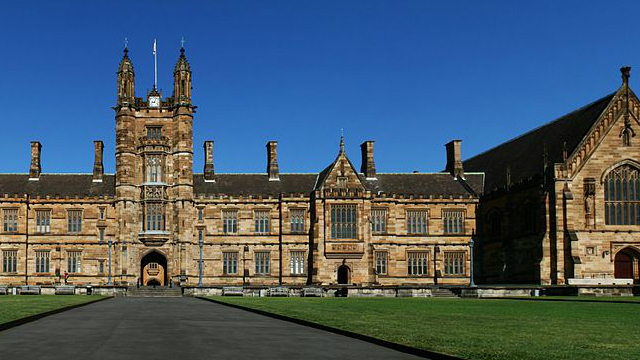
In December 2008, the federal government received the Review of Australian Higher Education: Final Report, prepared by a policy review committee chaired by former Vice-Chancellor Denise Bradley. The education minister, Julia Gillard, has indicated that she will give her response to it in early March 2009.
One of the Bradley report’s key recommendations is to replace the current system of centrally allocating student places to universities with what it calls a demand-driven student entitlement system.
Higher education providers would receive government subsidies according to how many students they enrol. This voucher system—as such schemes are commonly called—would eventually include TAFEs and private higher education providers, as well as public universities.
While a voucher system is a good idea, the total voucher value—which would include federal government and student contributions—needs to act as an incentive to higher education providers.
The voucher must at least cover the cost of its associated student place. There is evidence that under the current funding rates, universities lose money on government-subsidised students. Yet the Bradley committee recommends starting the voucher system in 2010 with only modest price changes, and with no clear process for establishing ongoing price-setting mechanisms.
Because the Bradley committee proposes retaining the current student fee price controls in most disciplines, their system would rely on increases in Commonwealth funding to adjust the voucher prices received by higher education providers. However, the federal government has a history of underfunding higher education, and the Bradley report gives us no reason to believe that this will change in the future. Governments of both political parties will continue to make politically sensitive schools and hospitals higher spending priorities than universities.
This leaves lifting price control as the best way of creating the price-setting mechanism needed to make a voucher system work. Students are the only group with a strong vested interest in funding higher education properly. The Bradley report opposes deregulating student fees on the grounds that current student charges are high by international standards, and that they believe that higher education is becoming less affordable. However, student charges are only high or low compared to the expected benefits of the course, not to what people in other countries pay. Given the diversity of student aspirations, the Bradley committee has no basis for fixing a maximum student fee. Students, not government committees, know what they hope to get out of their course, and should decide whether it is worth paying a high or a low fee.
Andrew Norton is a Research Fellow at the Centre for Independent Studies. He is the author of many articles and papers on higher education policy and The Unchained University (2002).










